Math
GRADE 7-9
Mathematics is an essential subject that promotes critical thinking, mathematical problem solving, skills in building logical strategy, the development of algebraic thinking and many other skills that are used to enhance success in the working environment and everyday life.
- Whole numbers and fractions
- Various properties such as commutative, associative, identity and distributive properties
- Exponents, square roots and radicals
- Factors and divisibility rules
- Probability concepts such as ranking a list of data, determining the mean, median, mode and range from a list of data, identifying outliers, drawing frequency tables, expressing probability as ratios, decimals and percentages
- Writing equations for word problems
- Solving and graphing inequalities on a number line
- Drawing Venn diagrams
- All geometric concepts
- Ratios and proportions
- The Pythagorean Theorem and other trigonometric functions
- How to make and interpret data from various graphs including histograms, bar graphs and circle graphs; stem and leaf plots, and box and whisker plots
- Calculating the surface area and volumes of cylinders, pyramids, cones and spheres
- Graphing points on a coordinate plane
- Solving problems in length, weight and volume, using the metric system and comparing this with the English system of measurement
- Temperature conversions
- Writing fractions and decimals as percentages
- Calculating markup, amount of discount, sale price and regular price
- Calculating simple and compound interest and finding the value of an investment
- Learning about functional notation, and graphing linear, hyperbolic and exponential and parabolic equations and functions
English
GRADE 7-9
English in the Senior Phase continues to build on the solid foundations that have been laid in the Intermediate Phase. Learners apply concepts, and deepen their understanding of the language. The subject includes Word Building and Literature.
The curriculum covers the following competencies in the respective Senior Phase grades:
- Action and linking verbs
- Active and passive voices
- The four principal parts of verbs
- Simple tenses: present, past and future
- Verbs such as progressive forms and troublesome verbs
- Nouns: exact, compound, collective, plural and possessive nouns
- Transitive and intransitive verbs
- Sentence patterns, sentence fragments and run-on sentences
- Personal pronouns: nominative case, objective case, possessive case, demonstrative, interrogative, relative, reflexive and indefinite pronouns
- Adjectives: indefinite pronouns, noun adjectives, participle adjectives and predicate adjectives
- Comparative degrees of adverbs, prepositions, conjunctions and interjections
- Infinitives, participles, gerunds and phrases, and the different types of clauses
- Diagram of simple, compound and complex sentences
- The dictionary as a study tool
- Paragraph structure: indenting, main idea and topic sentence
- Writing summaries, paragraphs(expository, narrative, descriptive and persuasive) as well as proofreading and writing biographies
- The history of language
- Use of thesaurus, as well as a concordance and encyclopaedia
- Learners continue to do outlines, and then write a biographical sketch
- While reading and analysing The Swiss Family Robinson, all parts of speech arereviewed and elements of a short story and novel are handled
- Poetry studies
- Writing skills in comparison and contrast are honed
- Diagramming compound and complex sentences continue to be reviewed
- The use of the library is introduced
- In reading and analysing Twice Freed, exposition, complication and resolution ofstory plots and the answering of essay questions is handled
Afrikaans
GRADE 7-9
Practice is the key to mastery
Mastering an additional language can be challenging but it presents many benefits and opportunities. Language specialists advise that daily interaction and engagement with the language is crucial. Over and above working with the professional materials, learners are encouraged to watch suitable TV programmes, read and engage in casual conversation as much as possible.
Learners continue to master Afrikaans through a variety of methods. Materials include modules, answer keys and DVDs. The DVDs contain e-books, videos, slide shows, games and other activities that equip teachers to effectively educate learners on the different concepts.
- Learners read stories, poems, news articles and other written texts, and answer questions on what they have read
- They develop speaking skills through orals, plays and conversations
- Learners write stories, dialogues, book reviews, letters, poems, advertisements and more
- Language skills are woven through all the activities
- Learners expand their knowledge of parts of speech, punctuation, idioms, homonyms, synonyms, antonyms, abbreviations, degrees of comparison and other language conventions
These exercises cover all the requirements of the curriculum including:
- Listening and Speaking
- Reading and Viewing
- Writing and Presenting
- Language Structures and Conventions
Literature and Creative Writing
GRADE 7-9
Literature and Creative Writing encourages learners to exercise their creative minds and practice using their imaginations. This broadens thought processes and improves their ability to come up with alternatives.
Core competencies
- Locates words in a dictionary, identifies word families, and defines new vocabularywords
- Reads and answers thought questions
- Uses visual discrimination
- Writes expository and descriptive paragraphs, essays, simple and detailedexplanations, directions, personal diary entries, causeand effect, fact, opinion and exposition, description, persuasion and narration
- Identifies figures of speech and sensory detail, as well as and climax and resolutionof story
EXTRA REQUIRED RESOURCES:
- The Fugitive King by Elizabeth Handford
- Christians with Courage by Ruth Johnson Jay
- Alexi's Secret Mission by Anita Deyneka
- Grandpa's Christmas Gift by Sarah Hopewell
- Little Pilgrim's Progress by Helen L. Taylor
- Treasures of the Snow by Patricia M. St. John
- God's Adventurer by Phyllis Thompson: This is a story about the life and adventures of missionary, Hudson Taylor.
- Little One, Maid of Israel by Bill Harvey: This is an exciting story about the young maid whose life affected Syrian captain Naaman
- When Science Fails by John Hudson Tine: Documented cases of major scientific discoveries in the modern era present a powerful testimony to the validity of the scriptures
- Abraham Lincoln by David R. Collins:The story of the 16th USA president; his rise to the White House and his dependence on Jesus
- Ann of Ava by Ethel Daniels Hubbard: The life story of Ann Judson, wife of Adoniram Judson, missionary to Burma
- In His Steps by Charles M. Sheldon: This selection is one of the greatest books for Christians today, and will be a tremendous help to each learner
Social Studies
GRADE 7-9
The subject Social Sciences consists of History and Geography: History is the study of change and development in society over time. It is important to be able to place events in the order in which they happened in time, and to consider their context. Timelines are often used to develop this concept.
Geography is the study of the human and physical environment. Geography examines both physical and human processes over space and time. Geography helps us to understand our complex world. It offers us a bridge between the human and physical sciences.
Core competencies
This course covers SA History and SA Geography. Topics covered are summarised as follows: the spread of Christianity after Christ, African kingdoms and the trans-Atlantic slave trade; colonisation of the Cape with the resulting conflicts; the mineral revolution in SA; developments in SA from 1880 to 2000; map skills are further developed.
For Grade 8 and 9 there will be two components viz. Earth Science (Geography) and World History. In this Earth Science course we learn about the Earth as one of the planets in the solar system, the layers of the earth’s crust, the hydrosphere, and atmosphere, meteorology and the causes, measurement and results of earthquakes. In World History, we learn about ancient civilizations. The remainder of the course teaches about the history of the Greeks, Romans and the early church, and concludes with the history of the Middle Ages.
In this grade the Earth Science component deals with the topography and mapping of the world; understanding mineral resources, the cycles of life that were set in motion at Creation, weathering and erosion, planetary bodies and proofs of creation and the world wide flood. The World History component deals with all the major events from the Renaissance and the Reformation, the age of exploration, the emergence of modern Europe; the World Wars and events of recent world history.
Natural Science
GRADE 7-9
Most people probably realise that understanding science is important - at least for scientists - but scientists as well as members of the public may not fully appreciate the importance of understanding the Nature of Science (NOS) - that is, the nature of scientific knowledge and the processes that generate it.
Core competencies
- The scientific method
- Creation of living things
- Biology of plants and animals, from the one-celled organisms to complex systems
- Genetics and inheritance
- The skeletal and muscular systems of the human body
- Ecology of the earth
- Types of pollution affecting the world
- Matter and materials
- Energy and energy change
- Continued study of the biology of plants and animals
- Atoms and molecules
- Chemical reactions
- Static and current electricity
- Radiation of light
- The visible light spectrum
As in Grade 8, Physical Science topics required in the CAPS curriculum are handled in the first four PACEs, accompanied by laboratory work illustrated in lessons on a DVD. Topics covered in the PACEs range from elements and compounds and acids and bases in Chemistry, to forces and electricity in Physics. The remaining six PACEs deal with all biological topics from microorganisms and cell theory to all aspects of the human body (e.g. skin, muscles, nerves) and systems such as digestion, as well as reproduction, ecology and conservation.
Life Orientation
GRADE 8-12
From Grades 8 to 12, learners may do Biblical Studies which includes learning about the New Testament Church History, New and Old Testaments and the Life of Christ (The Soul Winning PACE is optional).












